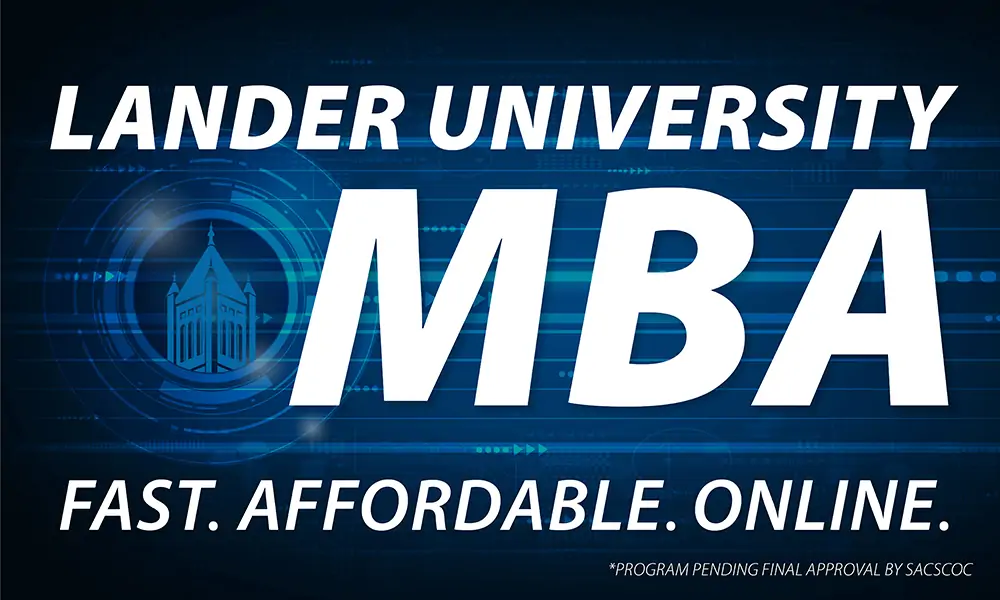Executive MBA (EMBA) programs have emerged as a cornerstone in the landscape of advanced education, offering professionals an avenue to escalate their careers to new heights. These programs blend rigorous academic curricula with practical leadership training, designed specifically for seasoned professionals eyeing executive roles. This article delves into the myriad aspects of Executive MBA programs, underscoring their significance in today’s fast-paced business world.

What are Executive MBA Programs?
Executive MBA programs are tailored for experienced professionals who aim to expand their management skills without pausing their careers. Unlike traditional MBAs, EMBA programs focus on imparting leadership and strategic thinking skills, essential for navigating the complex business environment of the 21st century.
The Evolution of Executive MBA Education
Over the years, EMBA programs have evolved, adapting to the changing dynamics of global business. Today, they incorporate elements like international residencies, online learning, and experiential learning, making them more relevant and impactful.
Benefits of Pursuing an Executive MBA
One of the key attractions of an Executive MBA is its potential to open doors to senior management positions. Graduates often experience significant career advancements and an increase in earning potential. Additionally, these programs offer invaluable networking opportunities.
Executive MBA vs. Traditional MBA
Understanding the differences between an Executive MBA and a traditional MBA is crucial. While both offer a deep dive into business management, EMBA programs are structured for those with substantial work experience and focus more on leadership and strategic decision-making.
Curriculum Structure in Executive MBA Programs
EMBA programs are known for their rigorous curriculum, which is designed to challenge and refine the leadership abilities of seasoned professionals. Courses often include advanced topics in finance, marketing, and strategy, along with soft skills like communication and team management.
The Ideal Candidate for an Executive MBA
Who should consider an Executive MBA? Typically, these programs are best suited for mid-to-senior level professionals with significant work experience, looking to catapult their careers into executive roles.
Choosing the Right Executive MBA Program
Selecting the right EMBA program requires careful consideration of factors like accreditation, curriculum, faculty expertise, and alumni network. Prospective students should also weigh the program’s format and duration to ensure it aligns with their professional and personal commitments.
The Impact of Executive MBA on Career Progression
An Executive MBA can be a game-changer for one’s career. Graduates often report accelerated career progression, with many stepping into higher management roles or even pivoting to entrepreneurial ventures.
Financing Your Executive MBA
Understanding the financial commitment of an EMBA is crucial. This section will explore funding options, including scholarships, employer sponsorship, and loan programs, helping candidates make informed financial decisions.
Networking Opportunities in Executive MBA Programs
Networking is a pivotal component of the EMBA experience. These programs provide a platform for professionals to connect with peers, industry leaders, and alumni, opening doors to myriad opportunities.
Balancing Work, Life, and an Executive MBA
Juggling a full-time job, personal commitments, and an Executive MBA can be challenging. This section will offer strategies for maintaining a healthy work-life-study balance.
The Global Dimension of Executive MBA Programs
Many EMBA programs now have a global focus, offering international residencies and modules. This global perspective is essential for developing a nuanced understanding of international business practices and cultures.
Online and Hybrid Executive MBA Programs
The advent of technology has given rise to online and hybrid EMBA programs, which offer flexibility without compromising the quality of education. This section will explore the pros and cons of these formats.
The Role of Executive Coaching in EMBA Programs
Executive coaching is often an integral part of EMBA programs, providing personalized guidance to help students achieve their career goals. Here, we’ll discuss the benefits of executive coaching within the EMBA framework.
Leadership Development in Executive MBA Programs
Leadership development is at the heart of Executive MBA programs. This section will delve into how these programs foster essential leadership qualities like strategic thinking, problem-solving, and emotional intelligence.
The Future of Executive MBA Programs
As the business world continues to evolve, so do EMBA programs. This section will explore emerging trends and the future outlook for Executive MBA education.
Alumni Success Stories from Executive MBA Programs
Hearing from EMBA alumni can be incredibly inspiring. This section will feature success stories and testimonials, highlighting the transformative impact of these programs on graduates’ careers.
The Role of Accreditation in Executive MBA Programs
Accreditation is a key indicator of a program’s quality. This section will explain the importance of choosing an accredited EMBA program and what accreditation signifies.
Executive MBA Specializations
While most EMBA programs cover general management, some offer specializations in areas like finance, healthcare, or technology. Here, we’ll explore the various specialization options available.
The Importance of Diversity in Executive MBA Programs
Diversity enriches the learning experience in EMBA programs. This section will discuss the value of having a diverse cohort, including varied professional backgrounds, industries, and cultural perspectives.
The Challenge of Keeping Up with Technology in Executive MBA Programs
In an ever-evolving technological landscape, EMBA programs must stay abreast of the latest trends. This section will discuss how these programs incorporate technology and innovation into their curriculum.
Work-Life Experiences: Bringing Real-World Scenarios to the Classroom
A unique aspect of EMBA programs is the integration of students’ work-life experiences into the learning process. This section will explore how real-world scenarios enhance the educational experience.
The Importance of Ethics and Social Responsibility in Executive MBA Programs
Ethical leadership and social responsibility are increasingly important in today’s business world. This section will highlight how EMBA programs incorporate these elements into their curriculum.
Preparing for an Executive MBA: Tips and Strategies
Preparing for an EMBA program can be daunting. This section will offer tips and strategies for prospective students to ensure they are fully prepared for this challenging yet rewarding journey.
FAQs on Executive MBA Programs
How does an Executive MBA differ from a regular MBA?
Can I pursue an Executive MBA while working full-time?
What kind of career advancement can I expect after completing an EMBA?
Are online Executive MBA programs as effective as traditional ones?
How important is networking in an Executive MBA program?
What financial aid options are available for Executive MBA students?
Conclusion
Executive MBA programs stand as a beacon for professionals aspiring to reach the pinnacle of their careers. They offer a blend of academic rigor and practical leadership training, making them an ideal choice for those seeking to enhance their managerial skills and elevate their professional trajectory. As the business world continues to evolve, these programs adapt, ensuring that their graduates are well-equipped to lead in an ever-changing landscape.
